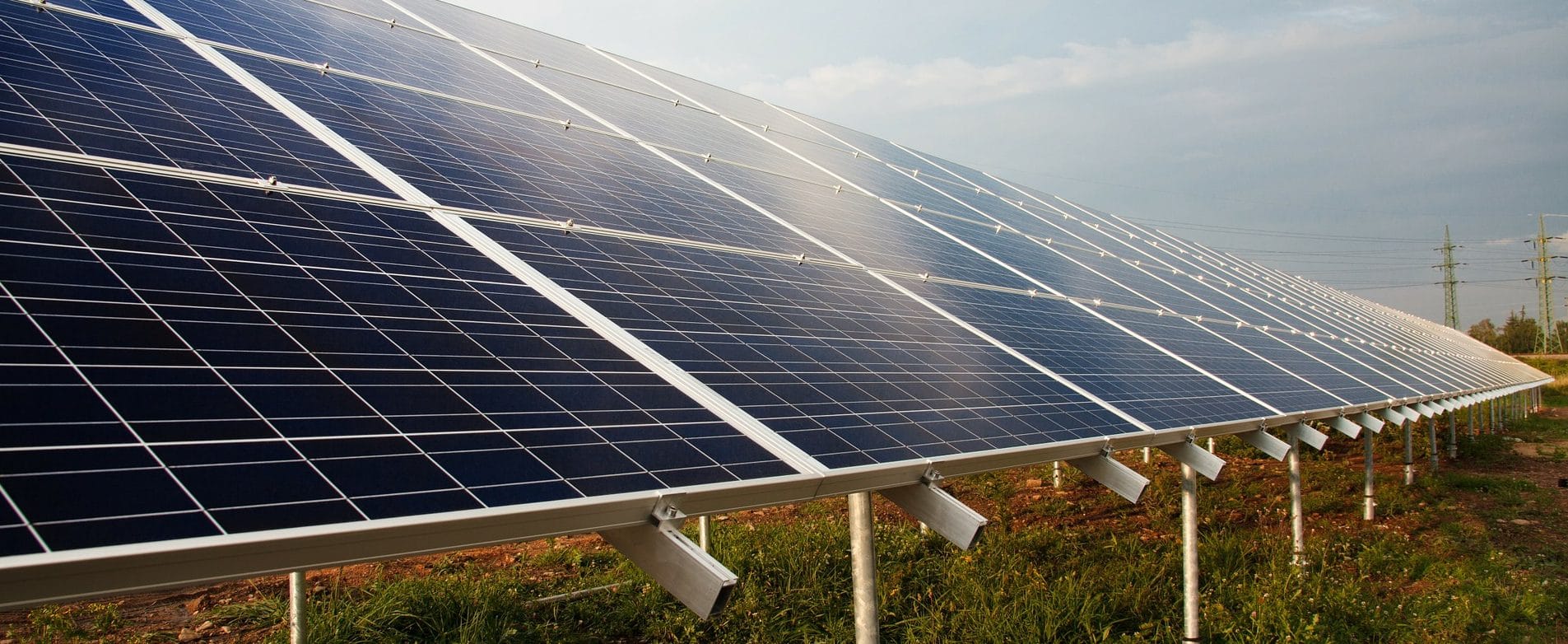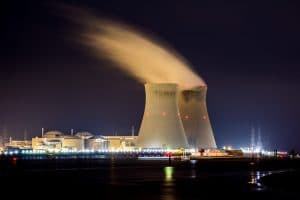Adam Ozimek brought up a salient point with “Energy Is An Environmental And Macroeconomic Problem,” which published in Forbes over two years ago now but seems to still be a fairly unsung idea. Citing the following, he set out to paint a picture of the problem we are facing with climate change:
The rate at which Antarctica is losing ice has tripled since 2007, according to the latest available data. The continent is now melting so fast, scientists say, that it will contribute six inches (15 centimeters) to sea-level rise by 2100. That is at the upper end of what the Intergovernmental Panel on Climate Change has estimated Antarctica alone could contribute to sea level rise this century.
He admitted that there are many examples of the environmental impacts of energy and that it is a major driver of global warming. No doubt, if one simply Googles “environmental impacts of energy,” a whopping 230 million results come back. Everything from scholarly articles examining the processes of manufacturing and using energy to government organizations, public universities, and NGOs expressing opinions around energy’s environmental input. It would appear that if you dig into these publications, there is ample evidence linking fossil fuel consumption to global warming.
Ozimek went on to say that energy prices can contribute to macroeconomic instability and modern recessions:
All but one of the 11 postwar recessions were associated with an increase in the price of oil, the single exception being the recession of 1960. Likewise, all but one of the 12 oil price episodes listed in Table 1 were accompanied by U.S. recessions, the single exception being the 2003 oil price increase associated with the Venezuelan unrest and second Persian Gulf War.
Two ways energy prices can contribute to macroeconomic instability are through supply shocks and through prices turning demand into inflation, which can lead to higher interest rates In 2017, the European Commission published a report detailing “The macro-level and sectoral impacts of Energy Efficiency policies,” describing a host of macro and sectoral impacts of energy.
It would seem as if energy is most definitely both an environmental and macroeconomic problem. Not only have recessions been caused by energy, but wars fought. It is interesting to think of these larger energy issues in the light of greener energy technologies and sustainability. Perhaps we will be able to break out of these environmental and macroeconomic death spirals.
(Want to read more about climate and global fallout? Try the UNDP page.)
Reality Changing Observations:
1. Do you think that we should do something to make current energy supplies less impactful on the environment and the macro-economy?
2. How do you think that countries should regulate energy?
3. Is there anything you can do to make your use of energy more sustainable?





